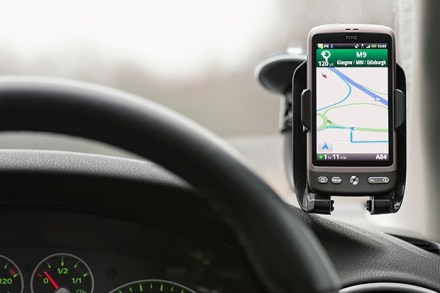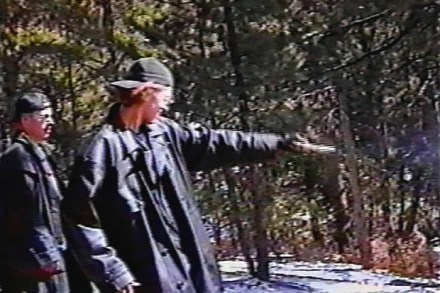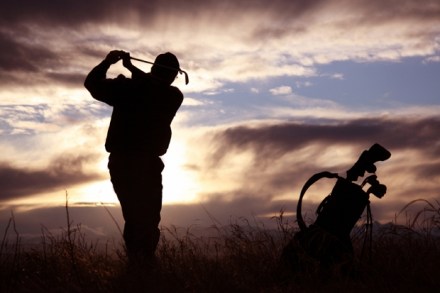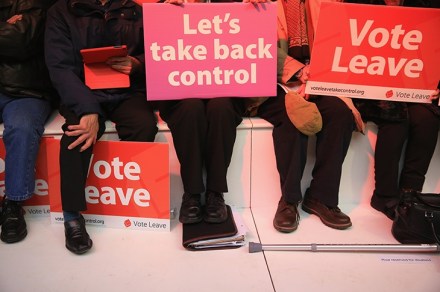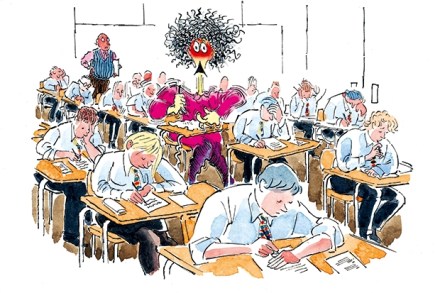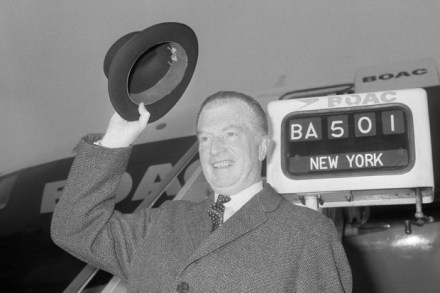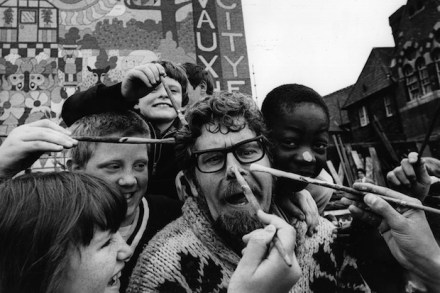Directions your phone can’t give you
In many ways a satnav is a miraculous device. A network of US military satellites more than 10,000 miles above the surface of the Earth, each broadcasting a signal with little more power than a 100-watt light bulb, allows a device in your satnav or mobile phone to triangulate your location on the ground to within seven yards or so. The system is so finely tuned that the clocks aboard the satellites must be calibrated to run 38 microseconds a day slower than Earth time to correct for the effects of general and special relativity. This allows your phone to know your location and, after factoring in real-time traffic information,
